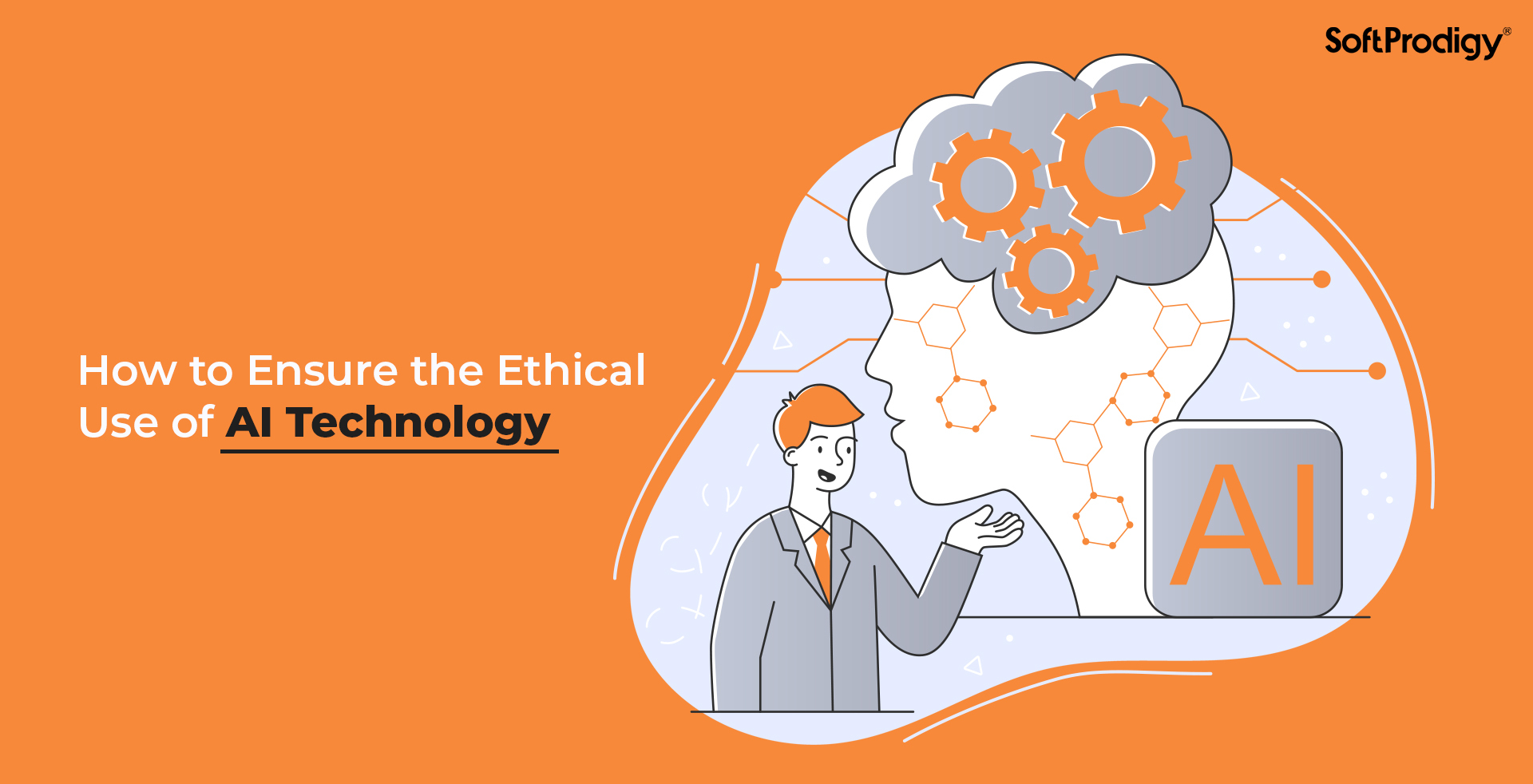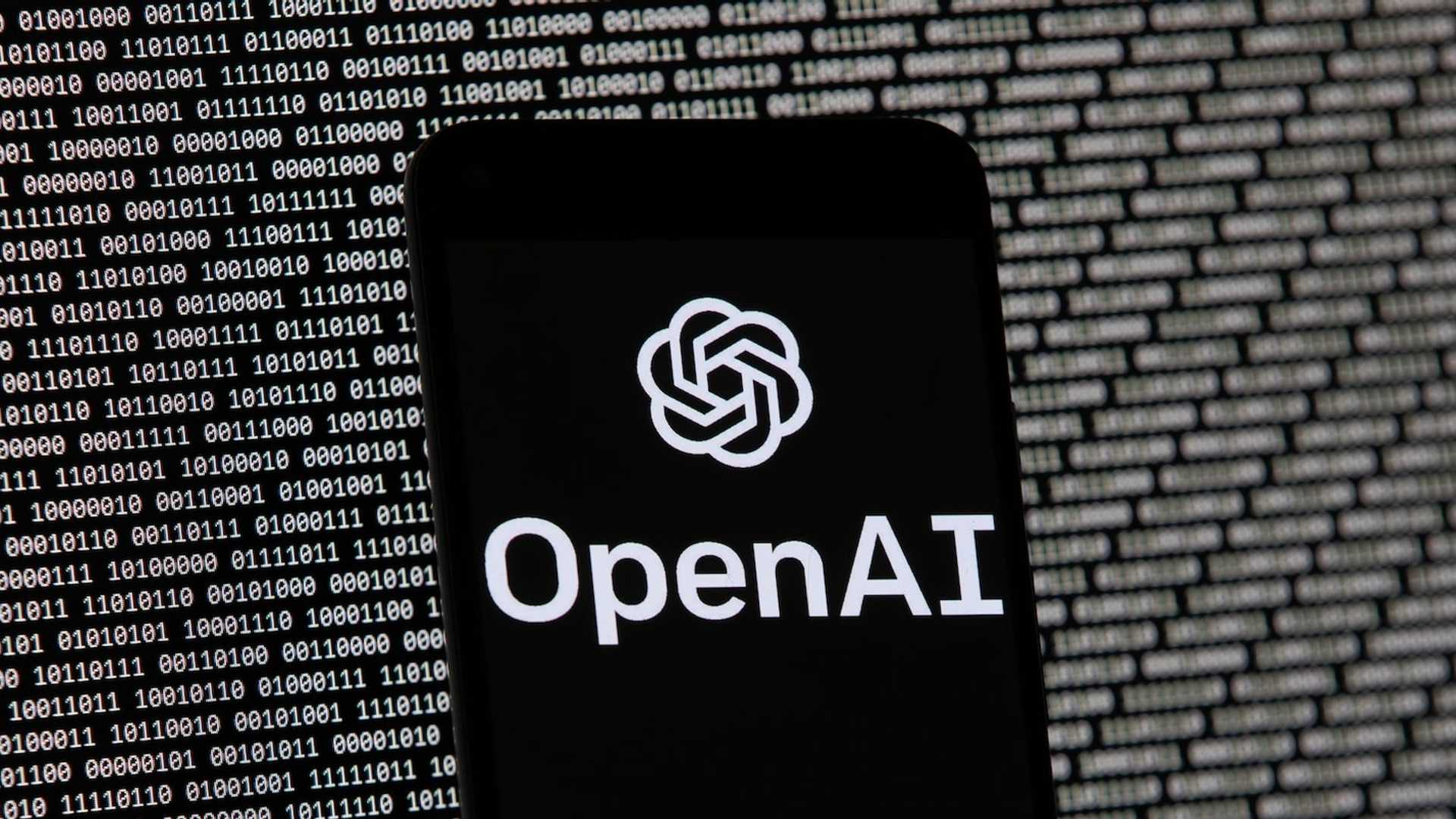Real-time AI voice agents are coming to apps as OpenAI expands ...
The ChatGPT developer will let other businesses build on its human-mimicking synthetic voice technology, potentially winning new revenue.
SAN FRANCISCO — ChatGPT maker OpenAI will allow any app developer to add snappy and humanlike voice interaction to their products, a move that could greatly increase the number of people interacting with a slick and sometimes provocative new generation of artificial intelligence technology.
OpenAI's Advanced Voice Mode
OpenAI’s advanced voice mode, which offers six AI voices that sound casual and expressive, with the ability to detect and react to different human vocal tones, has been available to ChatGPT subscribers since July. The technology will now be offered to the thousands of companies that pay to use OpenAI technology in their own products — and any new developer who signs up.
Revenue Growth and Expansion
Opening more of its AI inventions to outsiders could help grow OpenAI’s revenue from usage fees it charges each time an app taps its technology. Increasing that income is crucial to the company, which is seeking billions of dollars in new funding and considering restructuring to remove its business from the control of its existing nonprofit board.
OpenAI announced it was opening access to its voice technology at an event in San Francisco for software developers. At a news briefing ahead of the event, OpenAI executives showed how an app built on its voice technology could make a phone call to a business and place an order for chocolate strawberries.
Challenges and Opportunities
“We want to make it possible to interact with AI in all of the ways you interact with a human being,” OpenAI chief product officer Kevin Weil said at the press briefing.
Fully achieving that goal would be challenging with existing AI technology, which often makes mistakes. But if app developers rush to build on OpenAI’s voice algorithms, many more people could soon be using or exposed to automated systems that capably mimic people in some scenarios.
Impact and Considerations
Realistic voice synthesis technology has already been used in some call centers, but if OpenAI succeeds in making it more sophisticated and widespread, then consumers could encounter fresh frustrations or scams as well as new conveniences.

The Federal Communications Commission last week fined a political consultant $6 million for using AI to fake the voice of President Joe Biden in New Hampshire robocalls earlier this year.
Voice bots have drastically improved over the past several years, with OpenAI’s new voice mode for ChatGPT winning plaudits for its ability to carry out snappy conversations, understand complex topics and questions, sing, and respond to different tones of voice.
Ensuring Ethical Use
OpenAI says that its rules ban developers from using its services to spam, mislead, or harm people, and that it has built systems that monitor how people use its technology to shut down any who don’t comply.
Developers tapping the new voice offering must “make it clear to their users that they are interacting with AI, unless it’s obvious from the context,” the company said in a blog post about the new tools.

OpenAI’s systems have been abused in the past, despite similar rules being in place for ChatGPT and its other services, including a ban on political campaigning.
Earlier this year, one developer used the company’s technology to build a chatbot for Democratic presidential hopeful Rep. Dean Phillips (Minn.). The company only banned the creator of the rule-breaking chatbot after The Post reported on the project.




















